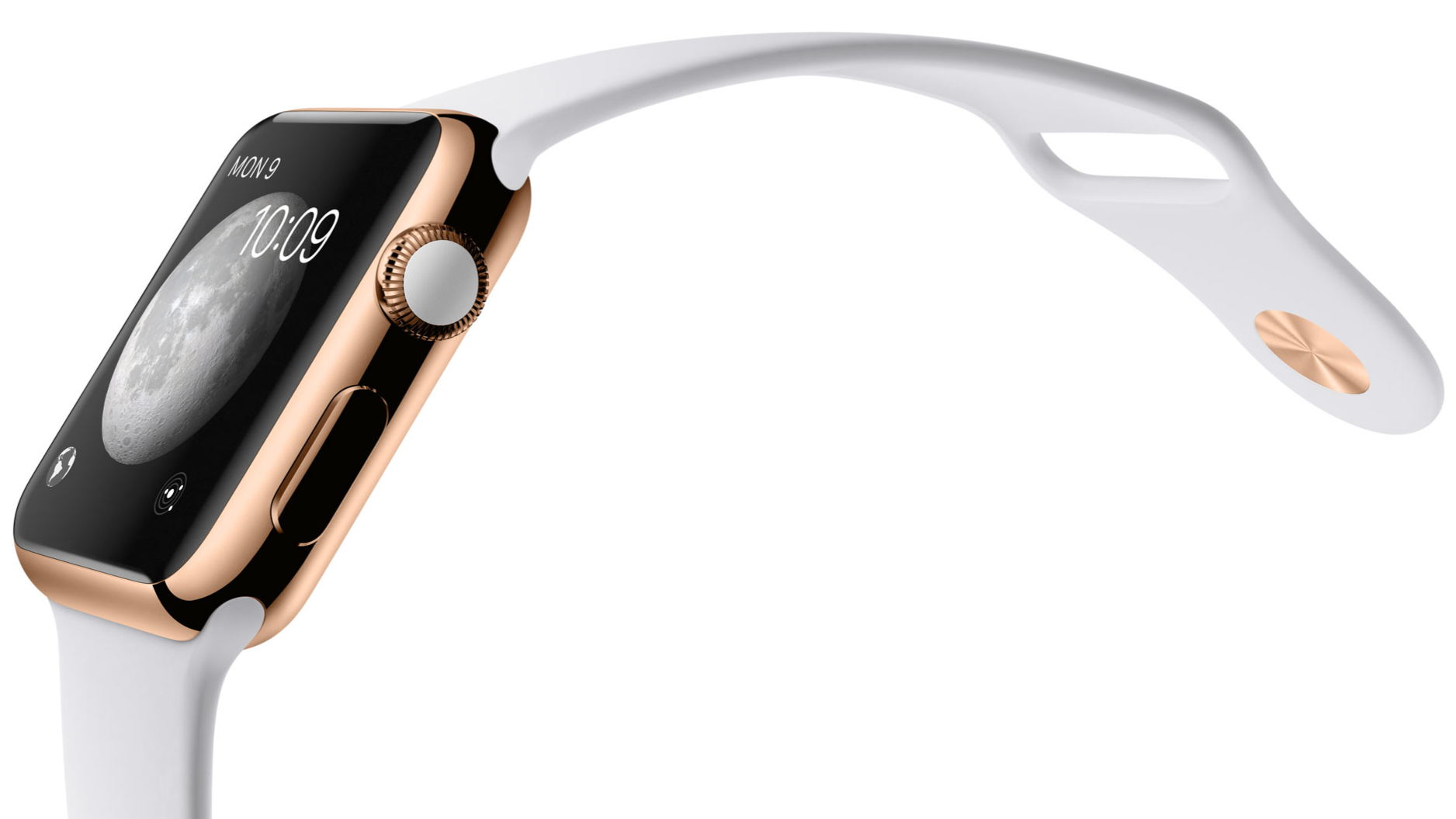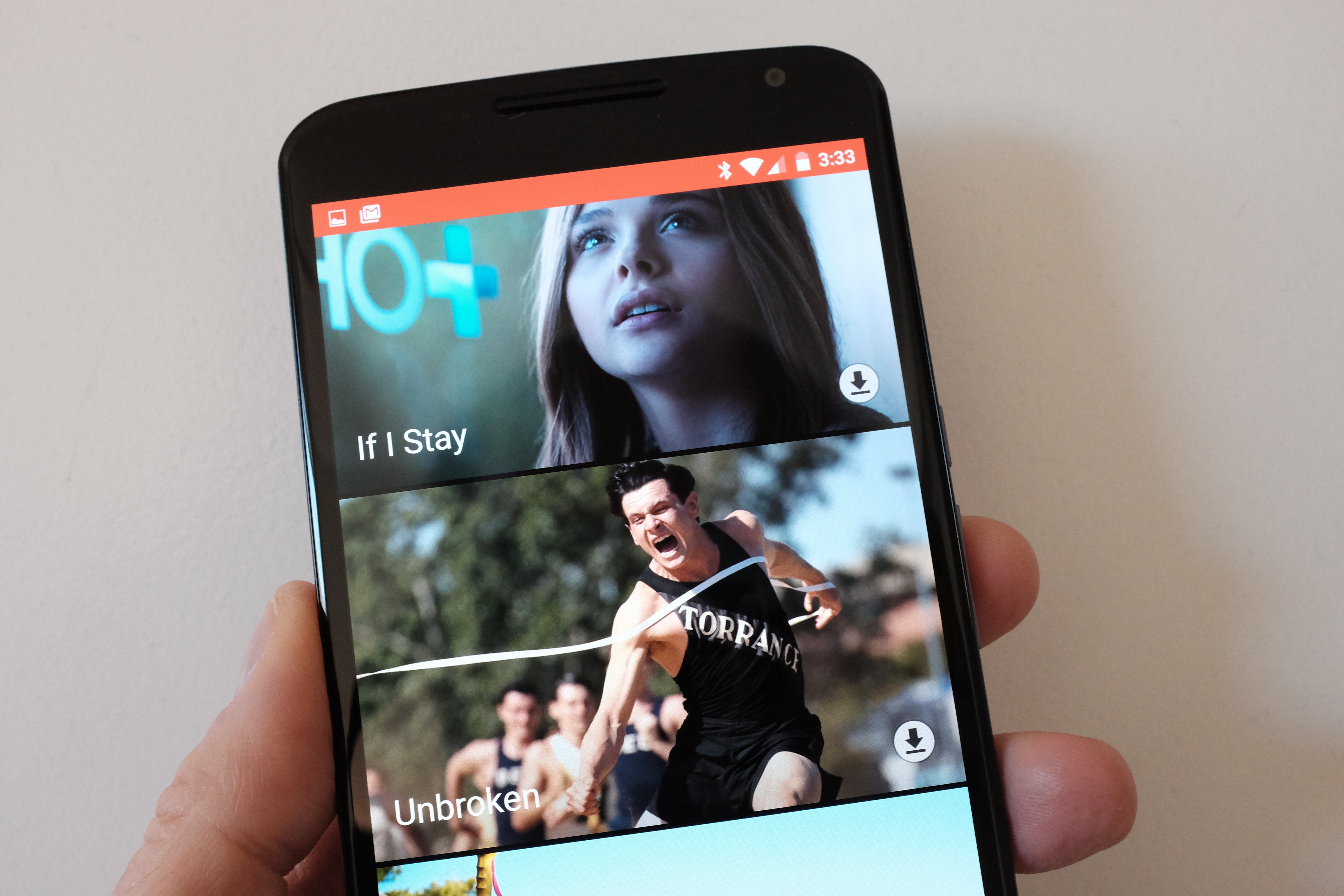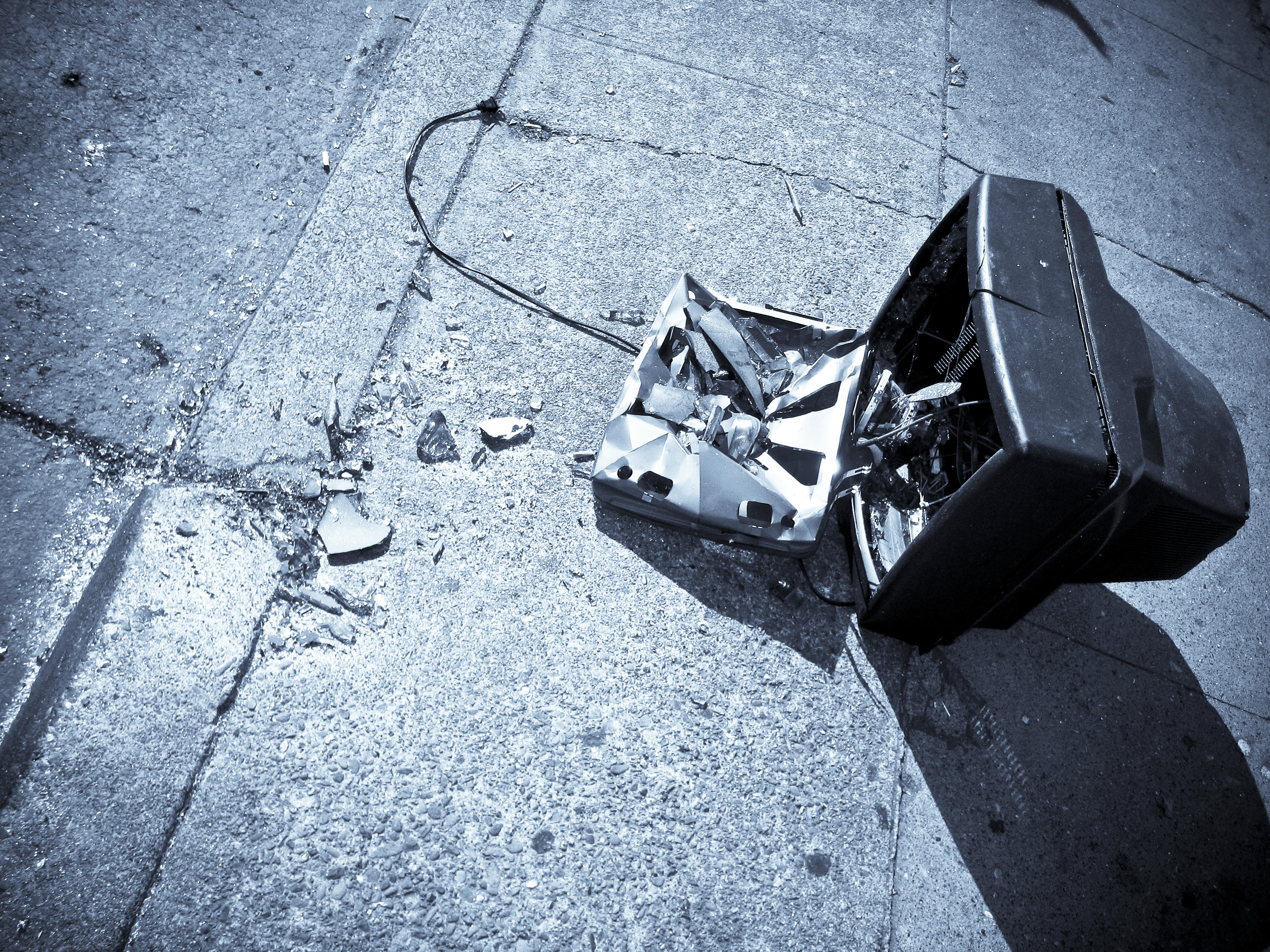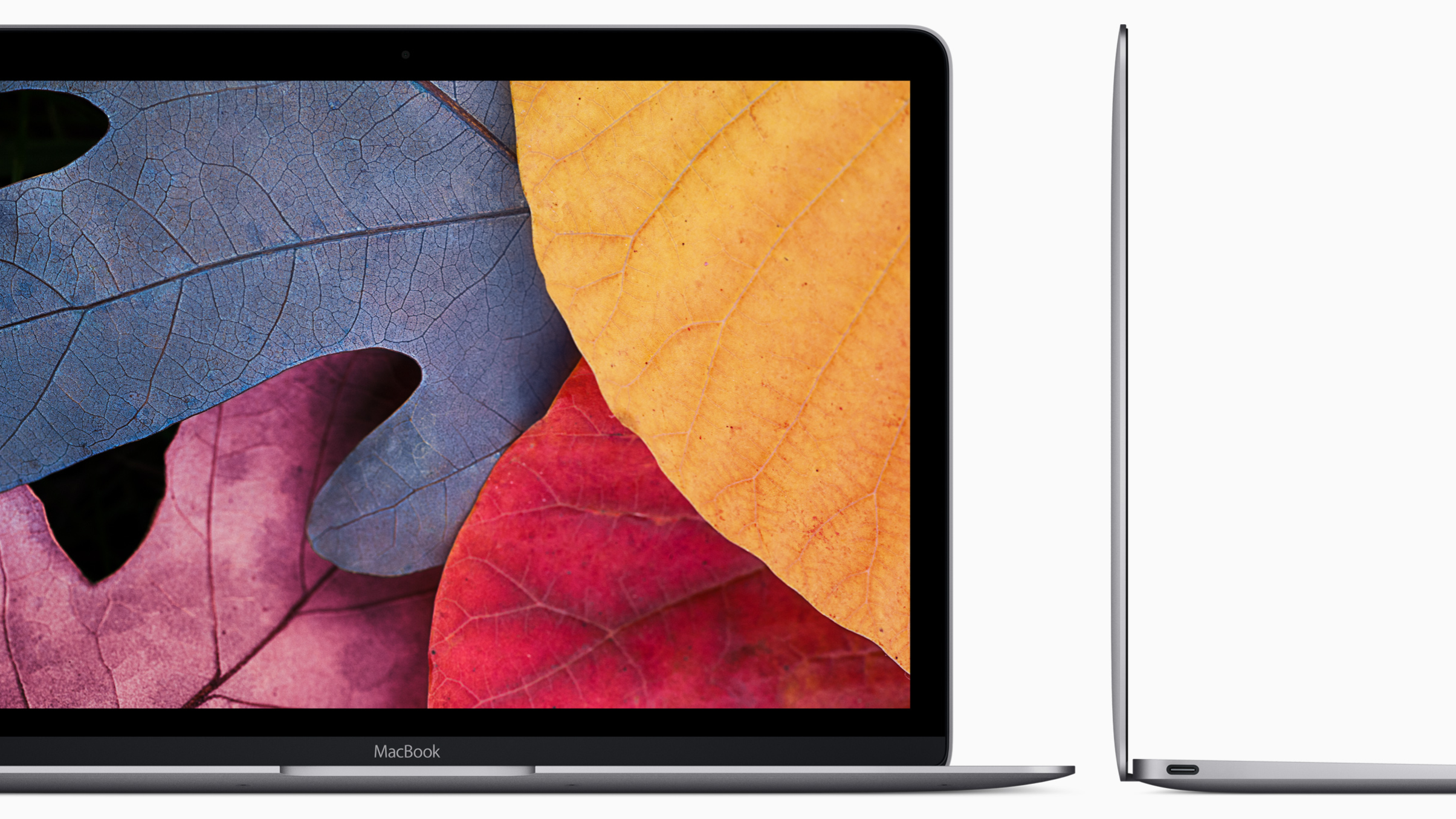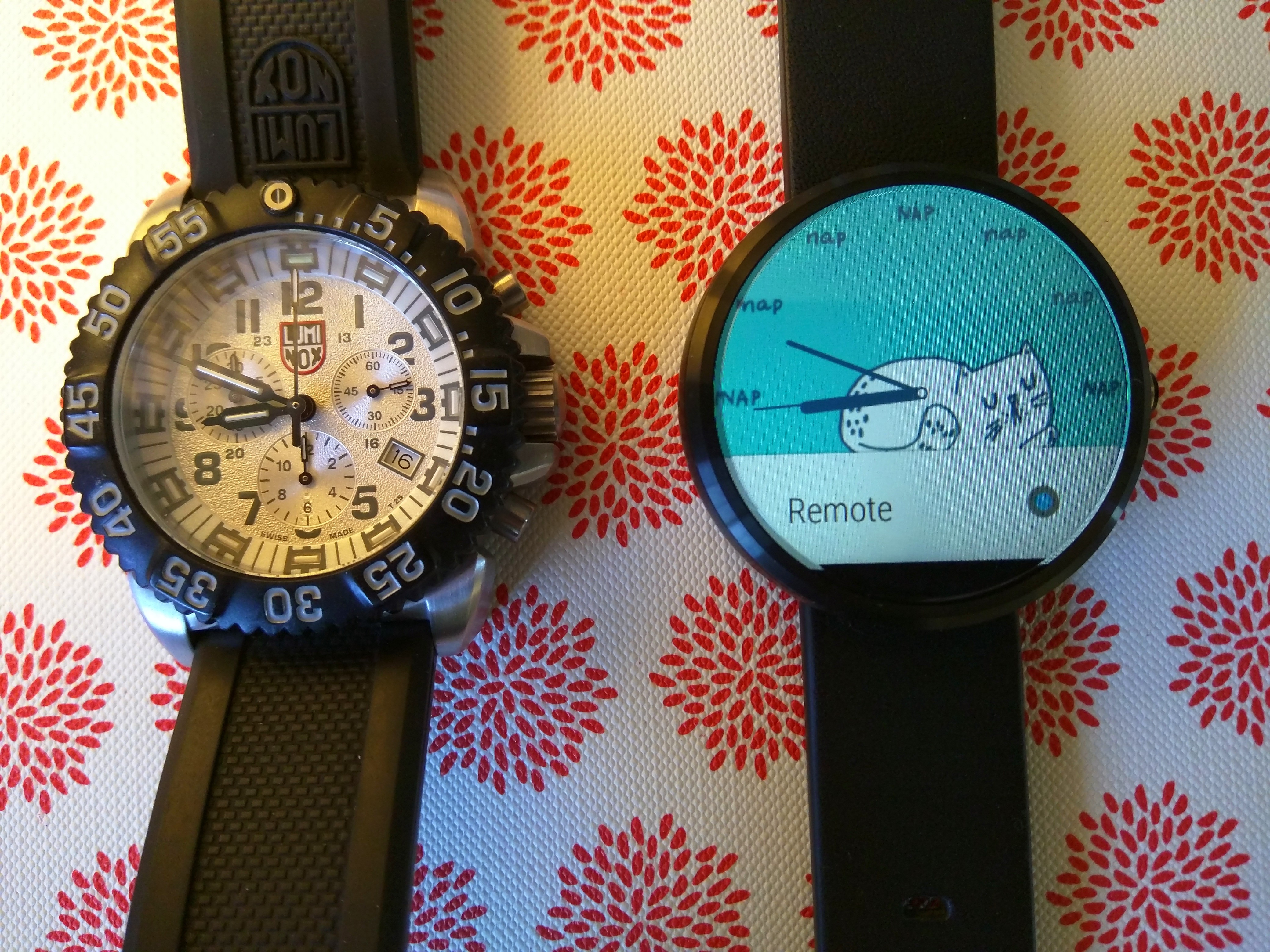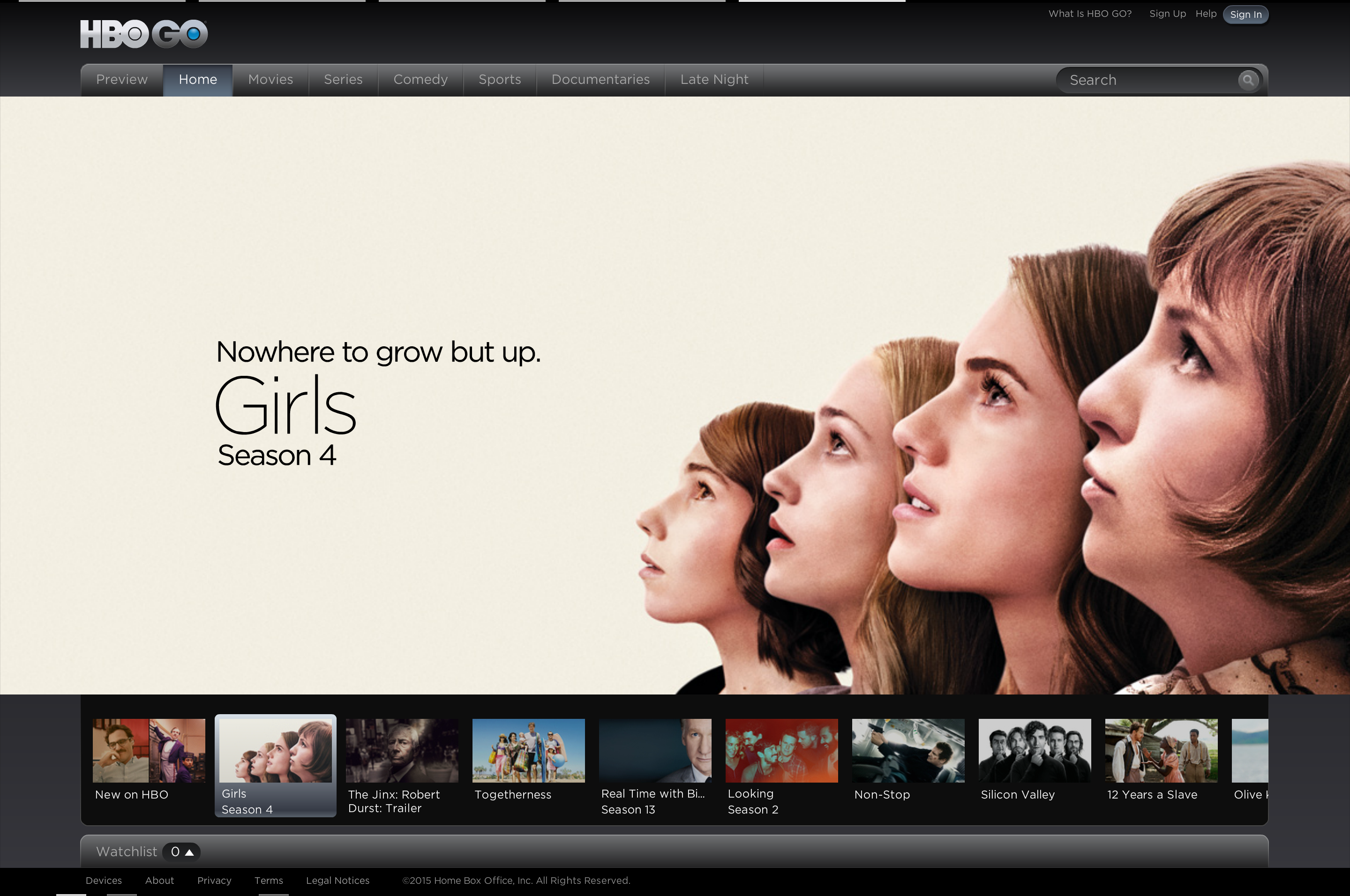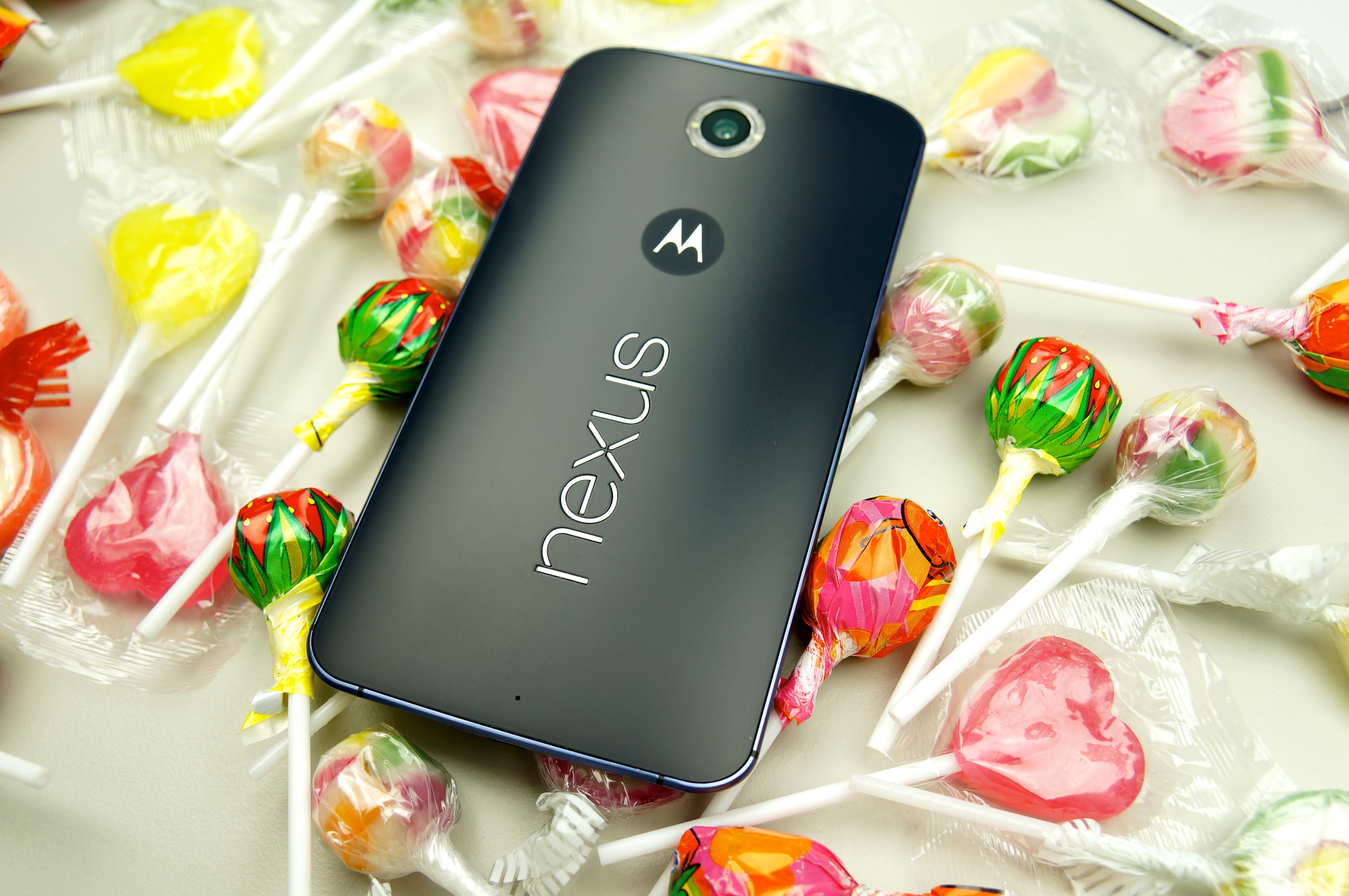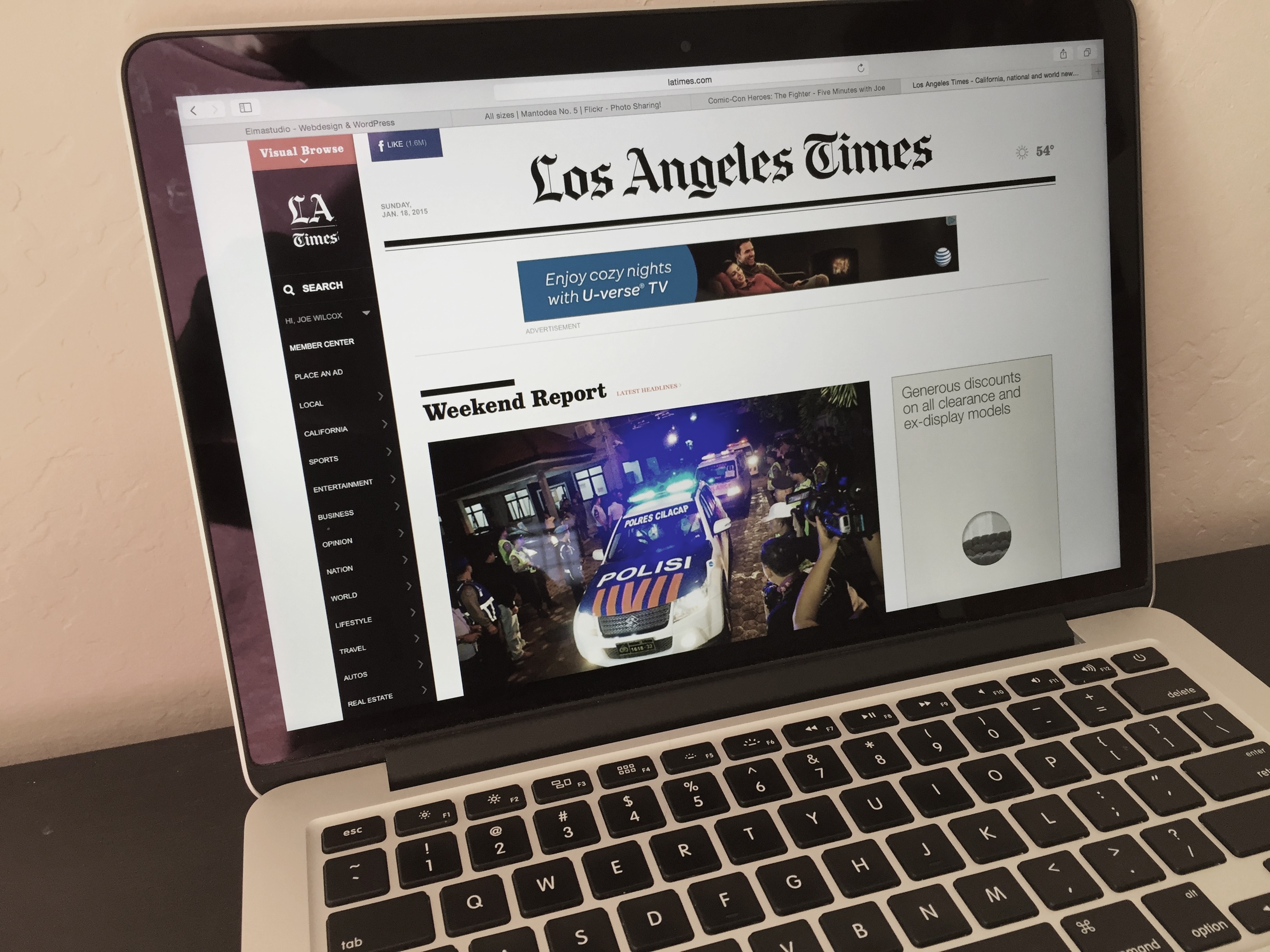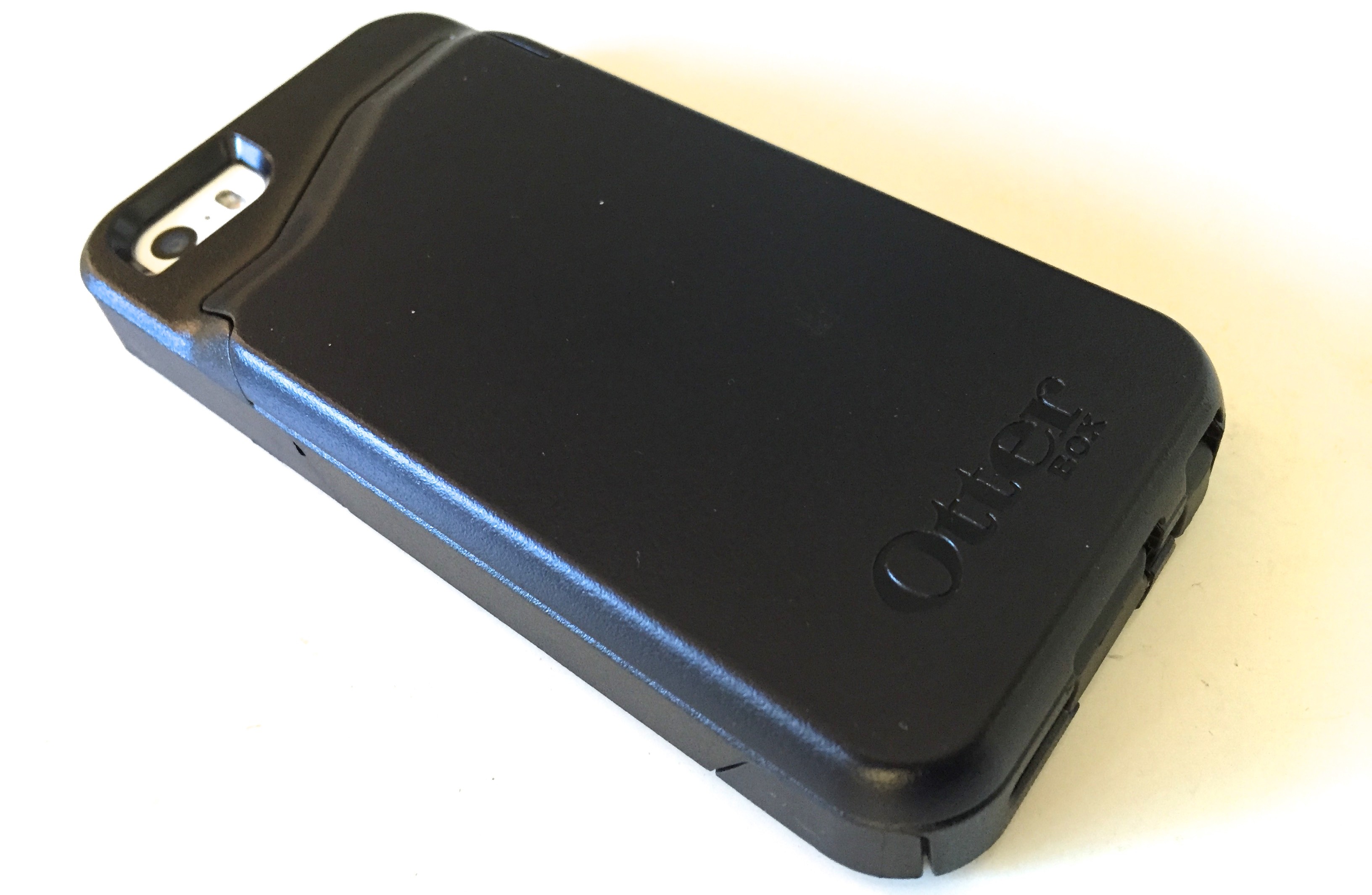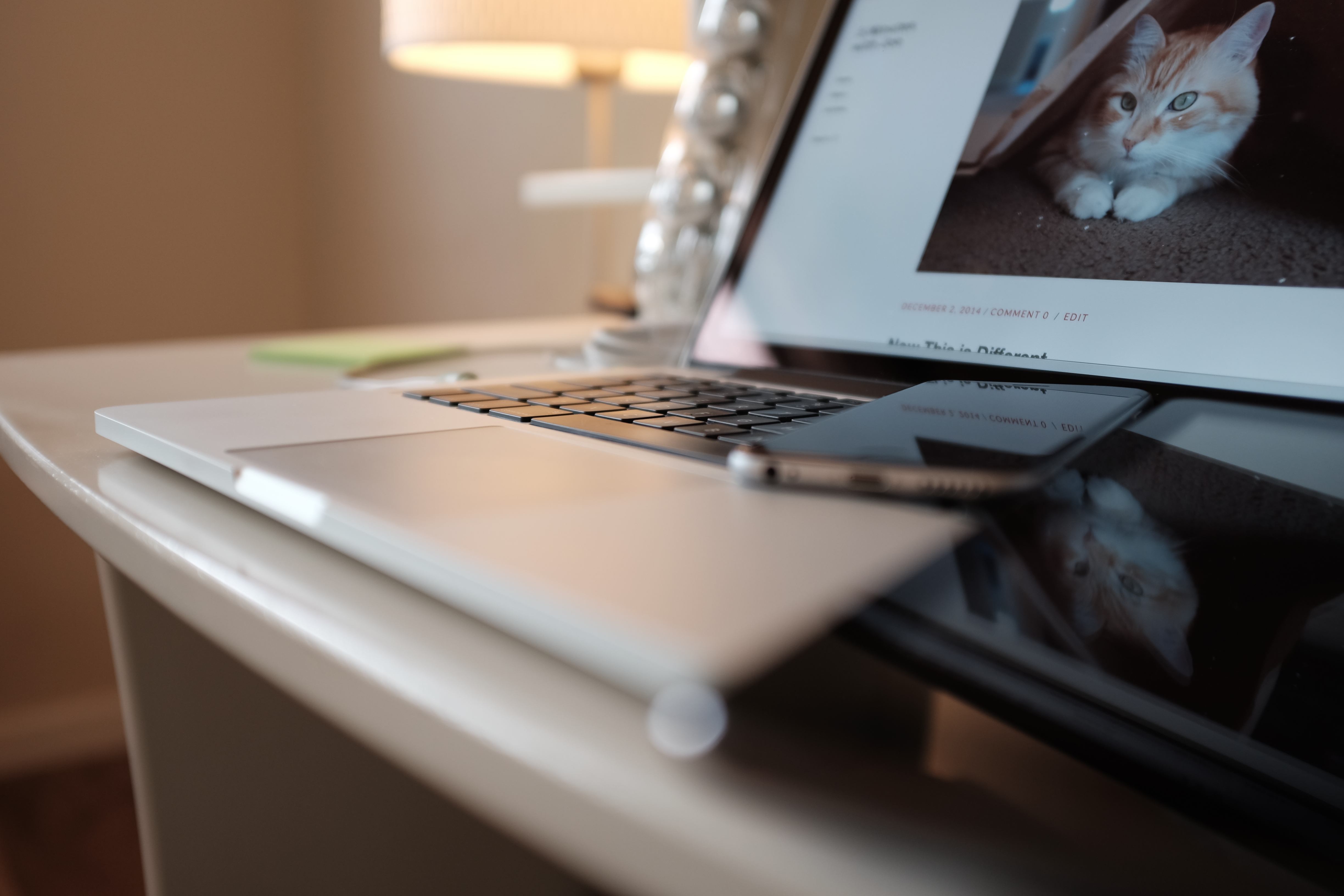Today’s excerpt from my 2013 ebook Comic-Con Heroes: The Fans Who Make the Greatest Show on Earth is the last of the dozen profiles, which I started serializing Saturdays more than two months ago. One more installment remains, posting in a week, after which, on July 8, 2015, when my current commitment with Amazon KDP Select ends, the book releases into the public domain.
To recap: “Comic-Con Heroes” is a collection of profiles. Twelve attendees. The people whom I believe are the real stars of the show. Not Hollywood, which presence feels larger every year. As I write in the book’s opening section: “While many Conners role-play fictional characters or superheroes, fans of every ilk play the most important role of all. They are Comic-Con. But no one tells their stories. I want to change that”.

